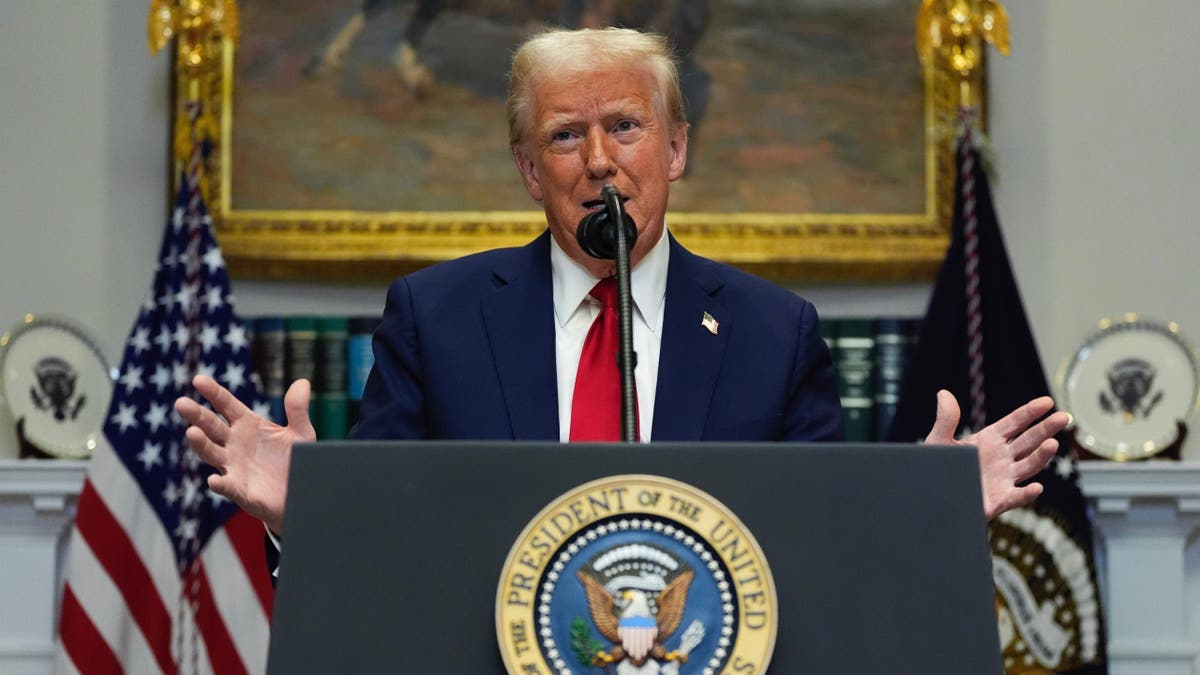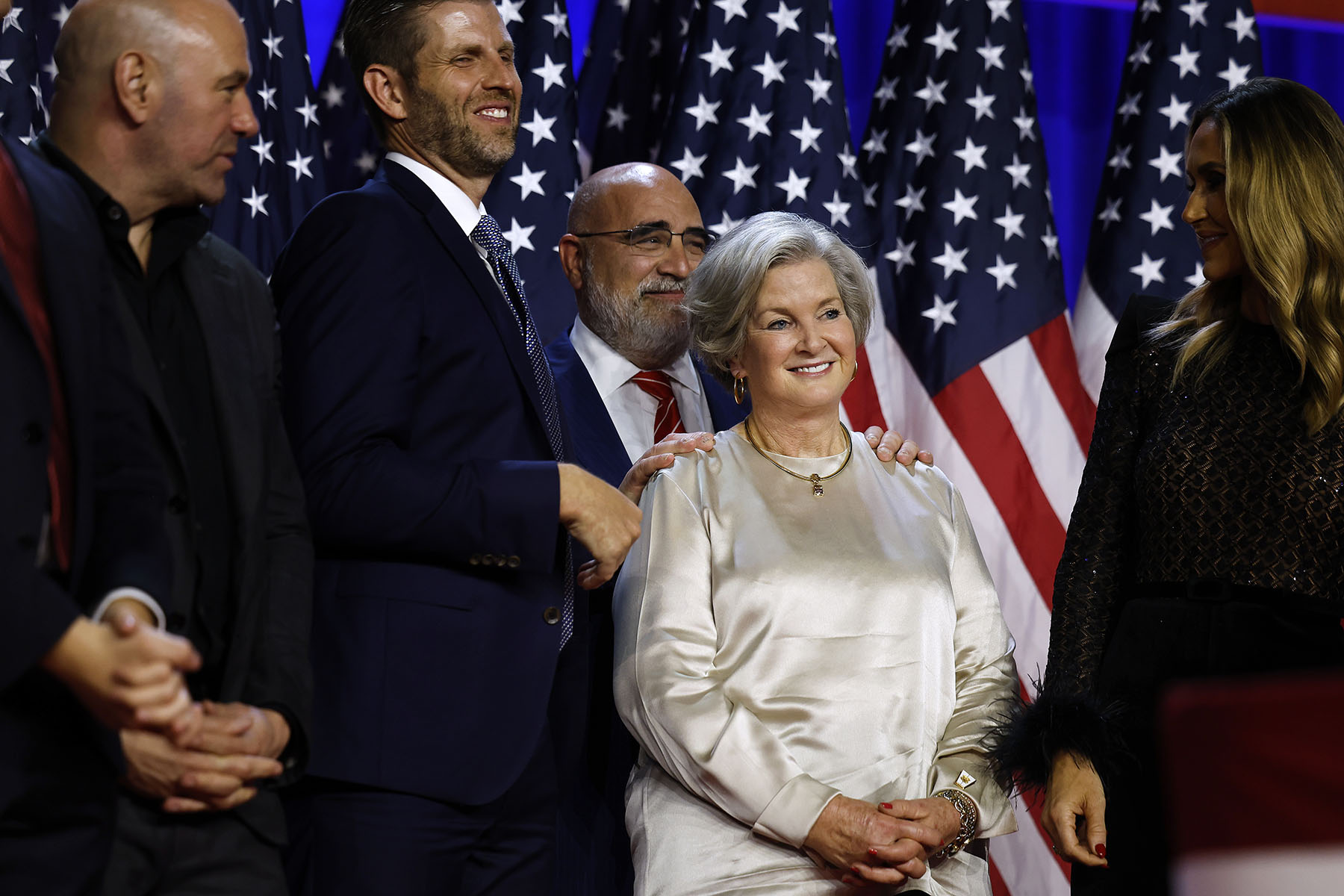The Ethics and Controversy of Pardons in the Trump Administration

About the People Mentioned
Donald Trump
Donald John Trump, born June 14, 1946, in Queens, New York, is an American businessman, media personality, and politician. He graduated from the University of Pennsylvania’s Wharton School in 1968 with a degree in economics. In 1971, he took over his family’s real estate business, renaming it the Trump Organization, through which he expanded into building and managing skyscrapers, hotels, casinos, and golf courses. Trump gained widespread fame as the host of the reality TV show *The Apprentice* from 2004 to 2015, which helped establish his public persona as a successful entrepreneur. Trump entered politics as a Republican and was elected the 45th president of the United States, serving from 2017 to 2021. His presidency was marked by significant policy actions including tax cuts, deregulation, the appointment of three Supreme Court justices, renegotiation of trade agreements (notably replacing NAFTA with the USMCA), and a focus on immigration control including border wall expansion. He withdrew the U.S. from international agreements such as the Paris Climate Accord and the Iran nuclear deal, and engaged in a trade war with China. His administration’s response to the COVID-19 pandemic was criticized for downplaying the virus’s severity. Trump was impeached twice by the House of Representatives—first in 2019 for abuse of power and obstruction, and again in 2021 for incitement of insurrection—but was acquitted by the Senate both times. After losing the 2020 election to Joe Biden, Trump challenged the results, culminating in the January 6, 2021, Capitol riot. He remains a central figure in American politics, having won the 2024 presidential election and returned as the 47th president in 2025, continuing to promote policies aimed at economic growth, border security, and military strength[1][2][3][4].
About the Organizations Mentioned
White House
The **White House Office** is a central organizational component within the Executive Office of the President of the United States (EOP), tasked with supporting the President in managing day-to-day operations, policy formulation, and political affairs. It is headed by the White House Chief of Staff and staffed by senior aides who report directly to the President, including those with titles such as Assistant to the President and Deputy Assistant to the President. These staff members are mostly political appointees without the need for Senate confirmation, allowing the President considerable discretion in shaping the office to suit each administration's priorities[1]. Historically, the White House Office was established in 1939 through Reorganization Plan 1 and Executive Order 8248 to provide immediate assistance to the President. It functions as the nerve center for presidential staff, physically located primarily in the West Wing, and plays a pivotal role in managing the President’s policy agenda, communications, and political strategy. Its flexible organization allows each President to tailor the staff composition and roles according to their governance style and objectives[1]. In the current context of 2025, the White House Office operates under the administration of President Donald J. Trump, who returned to office after the 2024 election. His administration emphasizes rejecting prior policies deemed extremist and focuses on enhancing quality of life, economic growth, and American energy dominance. The administration includes Vice President JD Vance and First Lady Melania Trump, among others, with a Cabinet advising on various governmental functions[4][6]. Recent initiatives linked to the White House’s operational sphere include the establishment of a new **Department of Government Efficiency (DOGE)** aimed at modernizing federal technology and software to boost government productivity. The DOGE agenda is implemented through the renamed United States DOGE Service within the Executive Office, reflecting a concerted push to leverage technology for administrative modernization[5]. Notably, the White House Office also coordinates national security and homeland security functions through the National Security Council staff, underscoring its central role
lobbying
**Lobbying** is the organized practice of attempting to influence government decision-making and legislation by individuals, interest groups, or organizations. It involves direct communication with legislators or government officials to advocate for policies, regulations, or laws that align with the lobbyists' interests. Lobbyists represent sectors such as businesses, nonprofits, and advocacy groups, aiming to shape legislative outcomes in their favor[1][2]. Historically, lobbying originated from the practice of meeting politicians in the lobbies of legislative buildings, hence the name. Over time, it evolved into a widespread and formalized industry present worldwide, including in the U.S., Canada, the UK, and Japan, each with its own regulatory frameworks to ensure transparency and ethical standards[1][2]. Lobbying is a significant economic activity, with billions of dollars spent annually in the U.S. alone. Governments have enacted laws requiring lobbyists to register and disclose their activities and expenditures to promote accountability and reduce conflicts of interest. For example, in the U.S., the Lobbying Disclosure Act mandates registration and reporting for lobbyists who spend significant time or funds influencing legislation, while ethics commissions conduct audits to verify compliance[3][4][5]. Lobbyists vary from amateur advocates, such as concerned citizens, to professional lobbyists hired by organizations to influence government actions. The scope of lobbying covers legislative branches, executive agencies, and sometimes judicial bodies. Lobbying also extends beyond direct advocacy to include educational efforts aimed at shaping public policy discourse without crossing into regulated lobbying activities[2][6]. Key achievements of lobbying as an industry include institutionalizing the process of advocacy within democratic governance and creating mechanisms for various interests to be heard in policy-making. Despite controversies surrounding influence and ethics, lobbying remains a crucial channel for stakeholder engagement in business and technology sectors, where regulatory environments continuously evolve. Currently, lobbying is tightly regulated with ongoing efforts to balance transparency, ethical conduct, and the legitimate representation of diverse interests in government affairs[1][2][3]. Its notable aspect lies
consulting firms
Consulting firms are organizations that provide expert advice to businesses and organizations on various aspects of management, strategy, operations, technology, and more. These firms have evolved significantly over the years, adapting to technological advancements, shifting market dynamics, and changing client needs. ### History and Evolution The history of consulting firms dates back to the early 20th century, with pioneers like McKinsey & Company (founded in 1926) and Boston Consulting Group (founded in 1963). Over time, these firms expanded their services from traditional management advice to include digital transformation, mergers and acquisitions, and sustainability strategies. ### Key Achievements - **Innovation and Adaptation**: Consulting firms have successfully integrated emerging technologies like AI and big data analytics into their services, enabling clients to undergo digital and operational transformations. - **Global Reach**: Top firms have established expansive global networks, allowing them to serve diverse client bases worldwide. - **Diversification**: Beyond traditional management consulting, firms now offer specialized services in areas like environmental, social, and governance (ESG) strategies. ### Current Status In 2025, the consulting industry is marked by high performance and robust compensation. The landscape includes not only traditional powerhouses like McKinsey, Bain, and Boston Consulting Group but also newer market entrants and boutique firms specializing in niche areas. The industry is increasingly influenced by technological disruption and shifting workforce dynamics, with a focus on project-based work and fluid staffing models[1][4]. ### Notable Aspects - **Technological Integration**: The blurred lines between consulting and technology companies have led to tech giants like Microsoft and AWS offering advisory services[2]. - **Workforce Trends**: The retirement of baby boomers presents consulting firms with opportunities to develop knowledge retention strategies and mentorship programs[4]. - **Market Expansion**: The global management consulting industry is valued over $1 trillion and is projected to grow significantly by 2028[3].
















